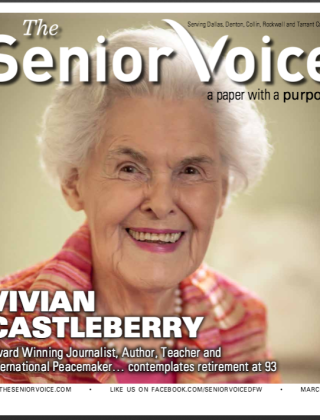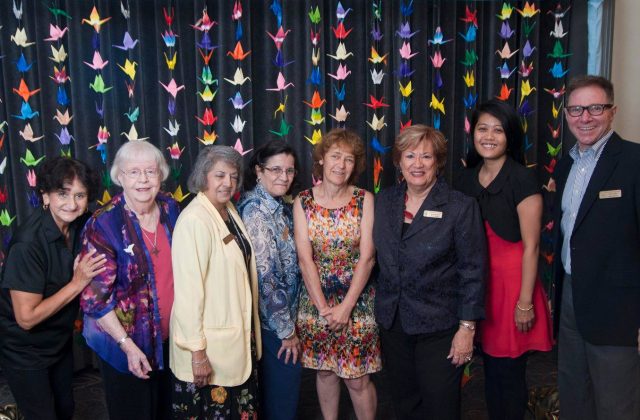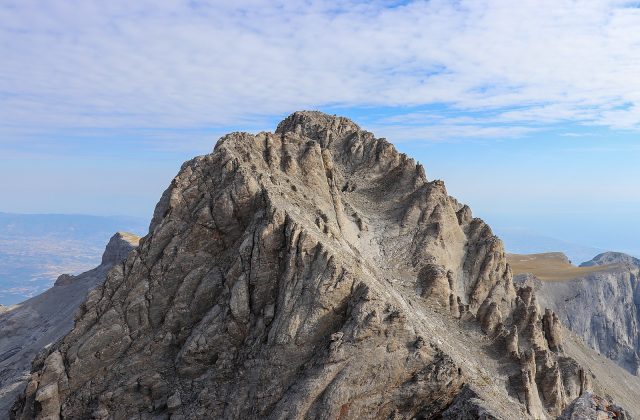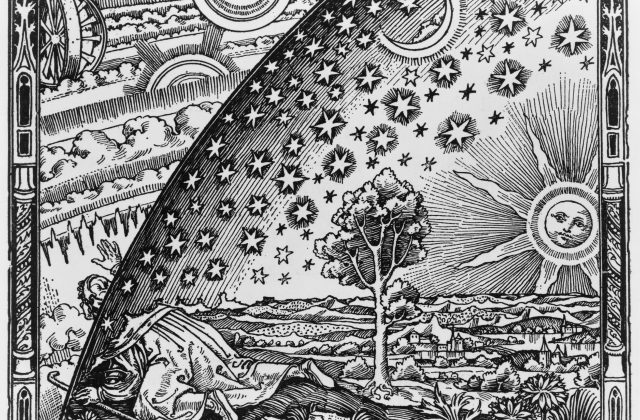Vivian Castleberry: journalism trailblazer turned peacemaker

A pioneer of women’s rights and international peace for 80 years, she contemplates retirement for real, but first has one last goal to meet
by Amy Martin
published March 2016 in the now defunct Senior Voice
Vivian Castleberry is not ready to retire from retirement, even at age 93. By 1984, when she left the Dallas Times Herald after 28 years, she’d revolutionized how newspapers cover women’s issues. At the Herald, she was the first female section editor and the first appointed to the editorial board. These feats and many others garnered her a place in Texas Women’s Hall of Fame, a Texas Trailblazer documentary, and numerous awards and accolades.
But within weeks of retiring, Castleberry was off to Russia as the Cold War crumbled to be part of a peace initiative. She returned many times to co-lead women’s conferences in Leningrad and Moscow. At home, she manifested international women’s conferences in 1988, 1999 and 2007 with her group Peacemakers Incorporated. She penned books on Texas women and helped establish several women’s institutions.
All this was achieved while following a life of family and faith with her five daughters and late husband, Curtis W. Castleberry. “Even at my age, I am still so upbeat and positive and eager to turn the next page and see what’s going to happen next,” said the genteel, gracious and apparently indefatigable Castleberry at her northeast Dallas home.
But the issue of age is not lost on Castleberry. “I am at a changing point in my life. I’ll be 94 in April and I know that I can no longer keep up the pace that I have. My enthusiasm is still great and I am so fortunate that my mental faculties are alive and well.“ Though she is a woman of many legacies, including the Castleberry Peace Institute at University of North Texas (UNT), her goal now is singular: a fourth Peacemakers conference.
Changing How the Story is Told
Castleberry experienced the impact of war on women first hand growing up in East Texas. Her father endured poison gas as a soldier in World War I, leaving him sensitive to stress and less able to work. Like other veterans’ wives, her mother had to work extra hard and take on men’s responsibilities, while having none of the rights. Her father returned from war determined there be other ways to resolve disputes. Both scenarios touched her to the core.
A journalist since high school, Castleberry raced up the newspaper career ladder, becoming the first female editor of the Texas A&M Battalion. After arriving at the Dallas Times Herald in the mid-‘50s, she was placed in charge of the Women’s section — food, fashion, home furnishings, and society. “Slowly I started changing it,” said Castleberry, first off with a new name: Living. Articles and features began to show the full context of women’s lives and issues that impacted them like childcare, education, health, and public safety.
Castleberry’s goal wasn’t just to portray women with a plethora of interests. It was about moving humanity forward. “People latch on to the human interest story. The front page throughout history has been violence, war, and tragedy,” said Castleberry. “If the human race is to move forward at all, we are going to do it in the other areas of the media because that’s where we tell the human story.“
“I was working at the Herald with a brilliant staff that prodded us to do more, and an intelligent reading public that also pushed me,” said Castleberry. “And I was working for an all-male management, most who could not understand what we were doing to their newspaper.” Though she was “close to being fired a number of times,” she cited Bert Holmes as a mentor and Tom Johnson as an inspirational publisher.
The Importance of Peacemakers
Last fall, Castleberry did a trial three-month retirement from retirement, staying with her youngest daughter in Peachtree near Atlanta. She read 16 books and almost caught up on her New York Times. She did not volunteer, organize or plan. It was like the three months she spent at a Colorado cabin toward the end of her Times Herald career, she said, “discovering who I am compared to what I do.”
In both cases, the time in nature renewed Castleberry’s fervor for the cause of peace and how intensely it impacts women. “Nothing has ever been needed more than peace groups at this time,” she said. “As long as there are not women at the table to help make the decisions, we need these conferences to give them the vehicle and impetus to step out and be counted.” The main hurdle to a fourth Peacemakers conference, she said, is finding “an executive director who understands the need for this vision. She will step forward; I know it.”
Castleberry insists that she’ll not rest until Peacemakers meets this goal. But a more relaxed time in Georgia beckons, especially now that her hipness quotient is higher. “I did not make an impression on my grandchildren until they found me on the Internet,” she said. Retirement from retirement, for real, this time, might finally stick. “It’s been a lovely life.”





